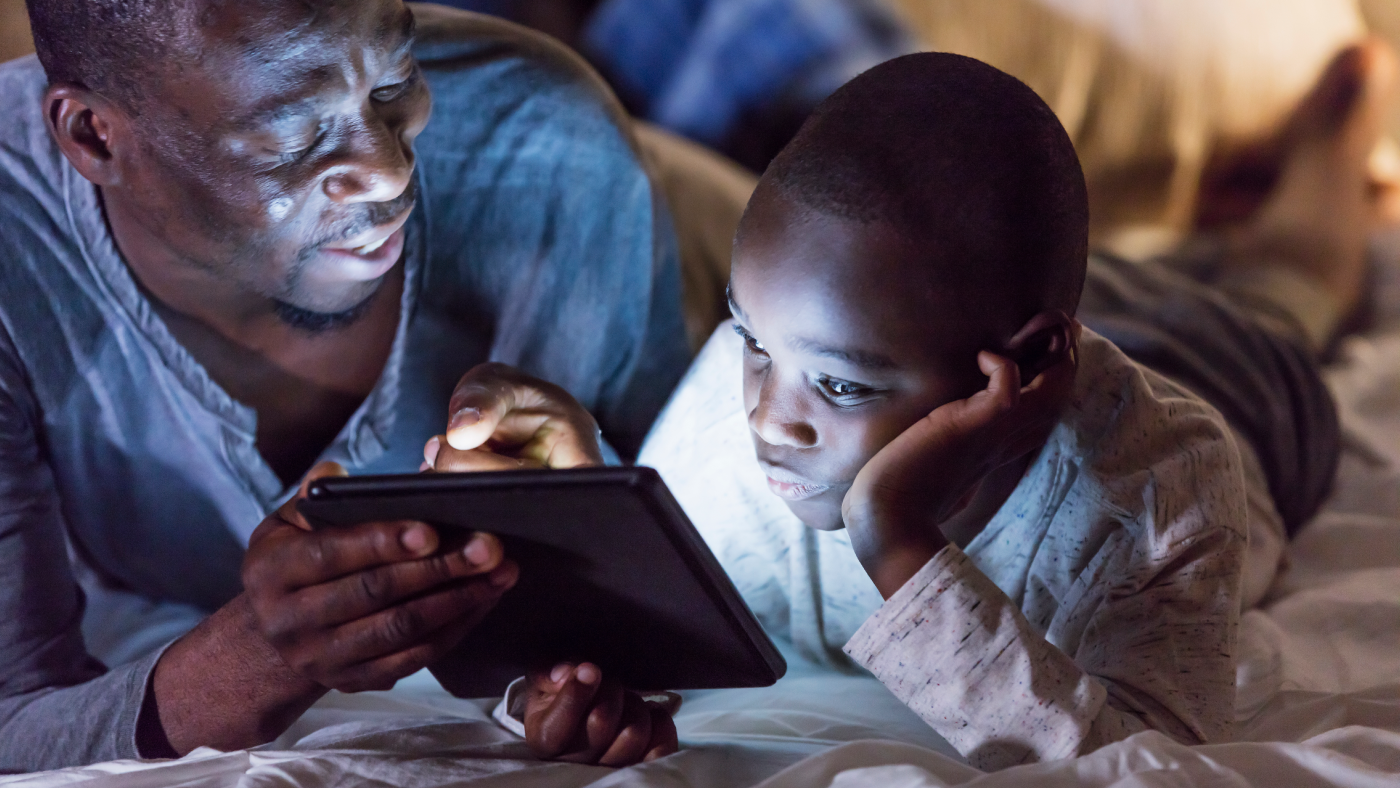Latinos Online
Hispanics with lower levels of education and English proficiency remain largely disconnected from the internet.
Hispanics with lower levels of education and English proficiency remain largely disconnected from the internet.
That's the percent of internet users who have logged onto the internet using a wireless connection either around the house, at their workplace, or some place else. In other words, one-third of internet users, either with a laptop computer, a handheld personal digital assistant (PDA), or cell phone, have surfed the internet or checked email using means such as WiFi broadband or cell phone networks
In China, how three big issues -- digital divides, internet cafes, and online games -- are spilling into each other.
That's the portion of Gen Nexters -- Americans ages 18-25 -- who say they play games that can be hooked up to a television such as PlayStation, Xbox or GameCube. Roughly one-third of the preceding generation of Gen Xers (35%) play these types of games.
Some 34% of internet users have logged onto the internet using a wireless connection either around the house, at their workplace, or some place else.
Recent research looking at teens’ online behaviors and communications choices demonstrates that social networking activity is just one element of a larger shift towards greater engagement with participatory media.
A discussion of Pew Internet Project findings about how the internet has changed communities and the general learning environment of users.
How a reported 30,000 internet police affect online and offline life in China
Teens and parents are taking steps both technical and non-technical to protect themselves/teens online, including on social networking websites.
A new study finds a proliferation of “citizen media” web sites that fit somewhere on the media spectrum between the street-corner soapbox and the local daily newspaper. While concluding that these grassroots outlets are successful at creating community conversations, the report on this emerging landscape also reveals that many are tenuous, shoestring operations.

Roughly four-in-ten Americans have experienced online harassment. Growing shares face more severe online abuse such as sexual harassment or stalking.
Two-thirds of parents in the U.S. say parenting is harder today than it was 20 years ago, with many citing technologies, like social media or smartphones, as a reason.
From distractions to jealousy, how Americans navigate cellphones and social media in their romantic relationships.
Majorities of U.S. adults believe their personal data is less secure now, that data collection poses more risks than benefits, and that it is not possible to go through daily life without being tracked.


